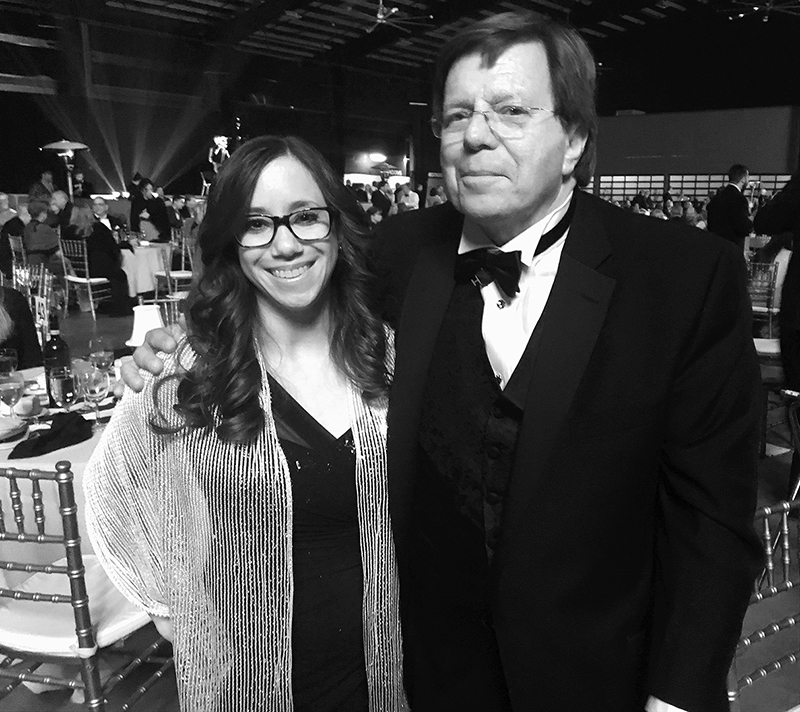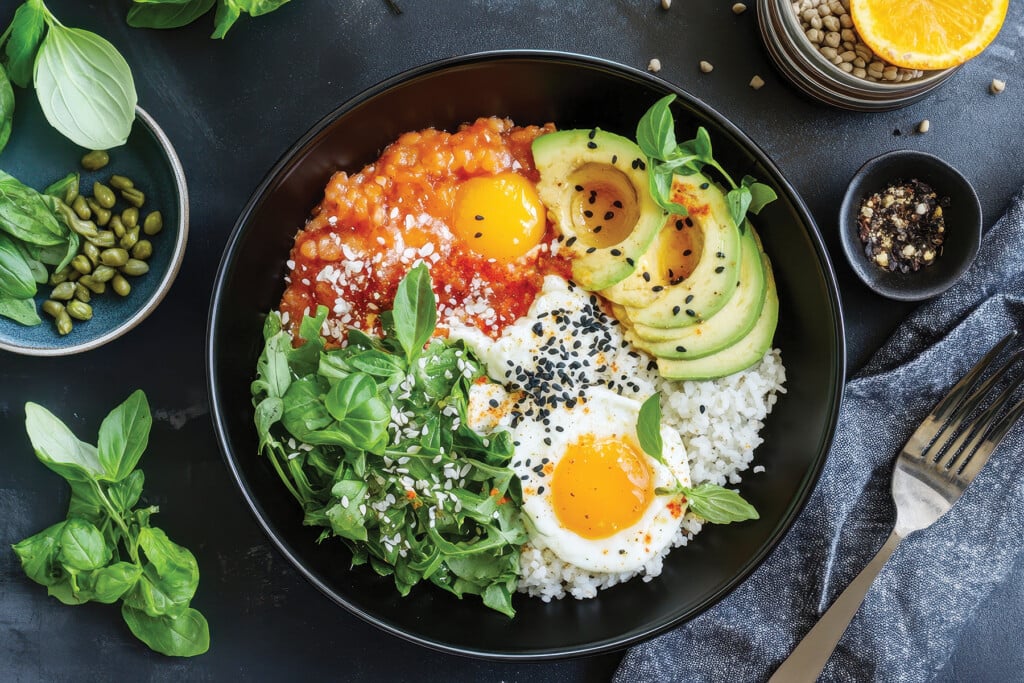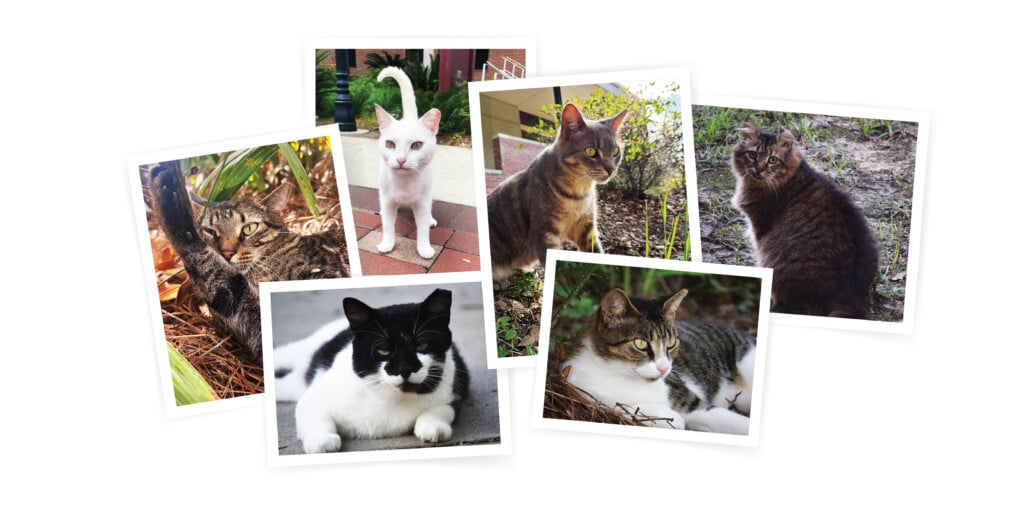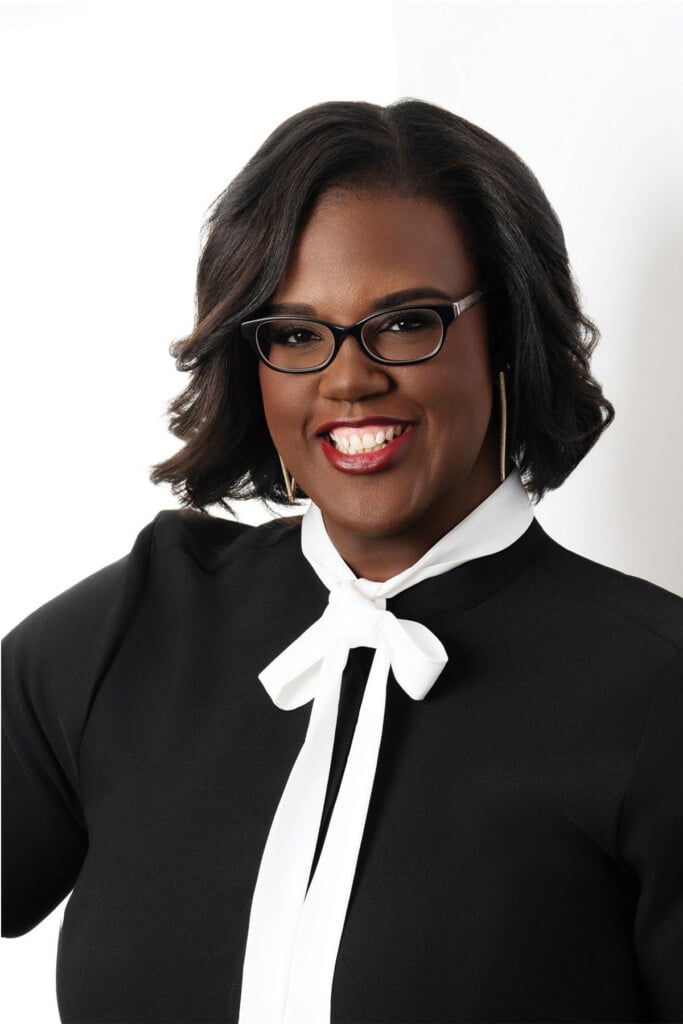A Lifesaving Legacy Gift
Consider registering as an organ donor

My sister Aimee was 38 years old when she entered the hospital on May 20 with pain and discomfort — symptoms that were the forerunner of a small stroke. Aimee’s unwavering determination to recover from this medical setback was an incredible thing to witness.
But then, eight days later, I was with Aimee when she suffered a second stroke, this one massive. The doctors told our family that it was unlikely she would ever wake up, but she did.
When her sedation was lifted, our family and her doctors were horrified to learn that Aimee was left in a tragic permanent condition known as “locked-in syndrome.” She was completely paralyzed, trapped in her own body. She couldn’t move or speak but could think and feel emotions. The only way for her to communicate was by blinking her eyes.
When our father explained Aimee’s condition to her, she let our family know she did not want to live her life hooked up to a ventilator, unable to walk, talk, move or feed herself.
When asked to close her eyes if she wanted to be an organ donor, she did so immediately.
Aimee’s decision would ultimately save the lives of three people she would never meet.
Aimee died on May 31. Our dad and I were at her side in the operating room. She was asleep, but I held her hand while Dad stroked her hair.
Days later, we would learn that Aimee’s kidneys and liver were received by a 20-year-old man, a 24-year-old man and a 42-year-old woman. Aimee’s gift has enabled them to continue their journeys, creating a ripple effect of hope, renewal and second chances.
Beyond Aimee’s personal narrative lies a broader crisis faced by many across the United States. Over 100,000 people are currently waiting for an organ transplant. Every nine minutes, someone joins the long queue of individuals waiting for a lifesaving organ, and tragically, not all will survive the wait.
Every day in the U.S., 17 people die waiting for an organ transplant; 6,000 people died waiting in 2021.
One organ donor can save the lives of up to eight individuals, while tissue donation has the potential to heal 75 people. Aimee’s choice to give in the face of her own adversity highlights the remarkable potential within each of us to become real lifesaving heroes and to add a positive final chapter to our life story.
It’s imperative to have conversations surrounding end-of-life wishes with our families. A person’s clear communication about his willingness to be an organ donor enables his family to honor those wishes in the event of a tragic loss.
Aimee’s courageous decision to complete her life on her own terms has left an indelible mark, showcasing that even in the darkest of moments, selflessness can illuminate a path of hope for others.
Her legacy lives on, not just in our hearts but also in the lives she saved through her final act of kindness and generosity.
Aimee’s story can and should serve as an inspiration, motivating us all to embrace the potential of making a difference. Consider expanding your legacy by becoming a registered organ donor today.
Learn more about Aimee Nicole Sachs in writer Steve Bornhoft’s article in the Tallahassee Magazine May/June 2024 issue.


